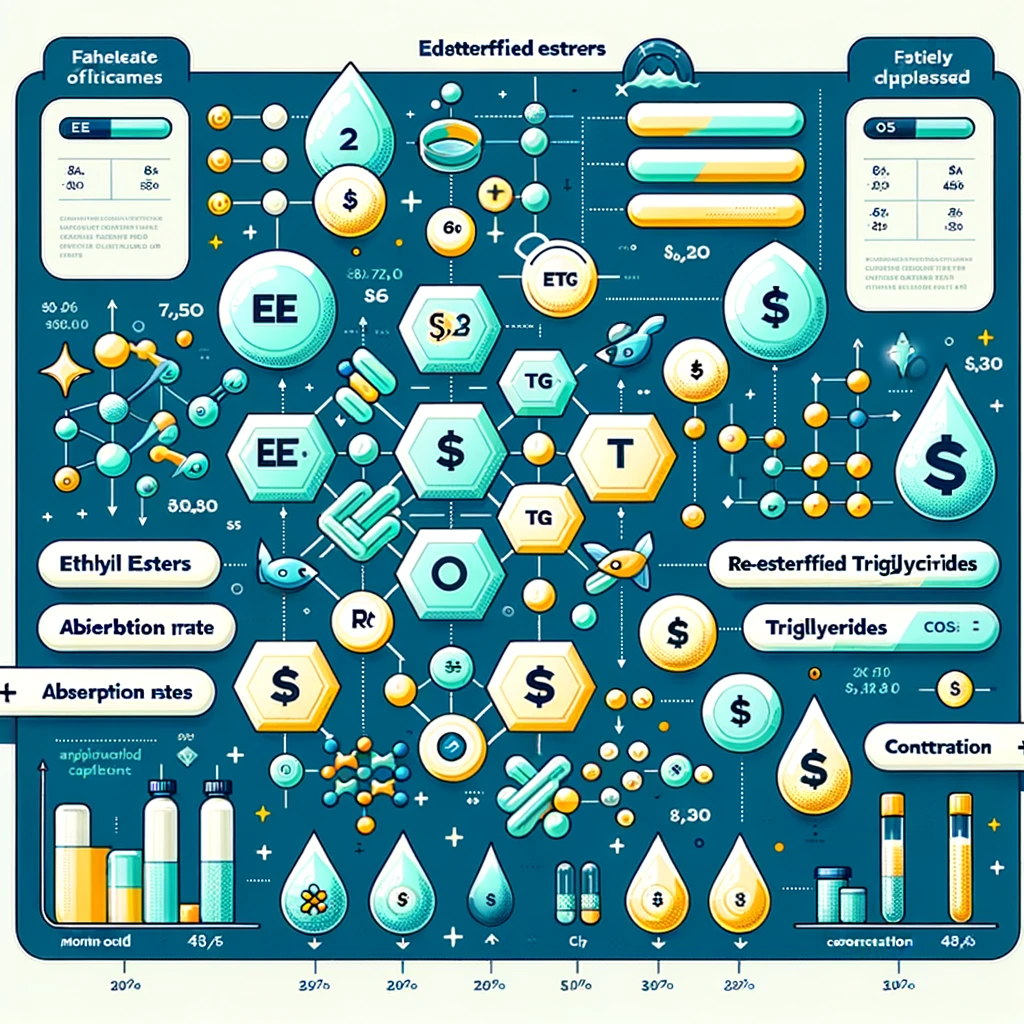
Understanding Ethyl Esters, Re-esterified Triglycerides, and Triglycerides
When selecting a fish oil or cod liver oil supplement, the form of omega-3 fatty acids—specifically, whether they are in ethyl esters (EE), re-esterified triglycerides (rTG), or triglycerides (TG)—plays a critical role in the product’s overall quality, absorption, and efficacy. This article delves into these three forms, comparing their impact on the quality of cod
Read More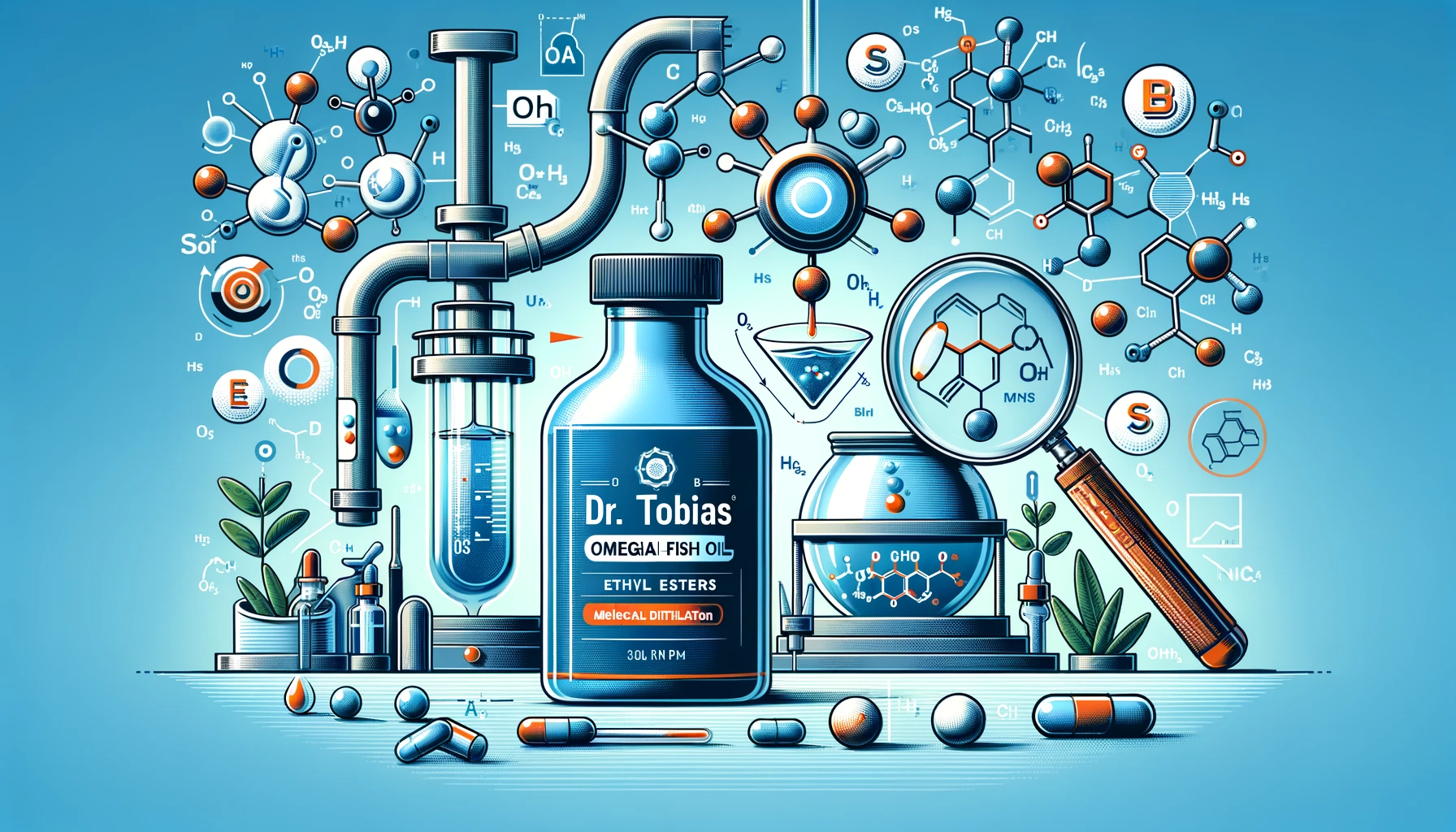
Dr. Tobias Omega 3 Fish Oil – A Review
Dr. Tobias Omega 3 Fish Oil positions itself as a premium supplement with a formidable concentration of omega-3 fatty acids. While the product promises high purity and potency, a thorough critique is essential to assess its true efficacy and quality. Fish Source The oil is made from a blend of fish including mackerel, herring, anchovy,
Read More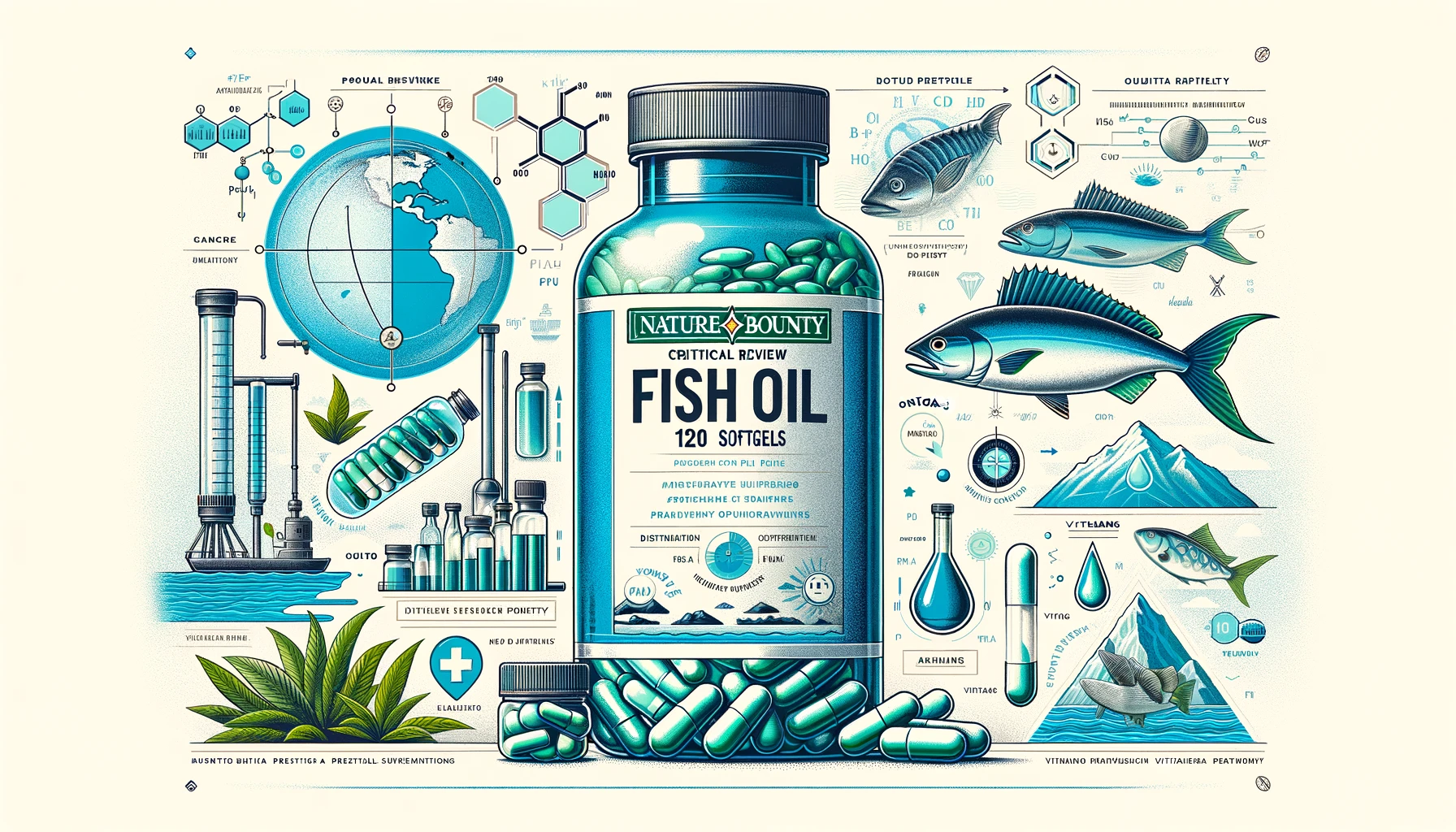
Nature’s Bounty Fish Oil 120 Softgels: A Review
Nature’s Bounty Fish Oil offers a popular option for individuals looking to supplement their diet with omega-3 fatty acids. This review delves into various aspects of the product, from its fish source to sustainability practices, aiming to provide a comprehensive overview for potential consumers. Fish Source The fish oil in Nature’s Bounty Fish Oil is
Read More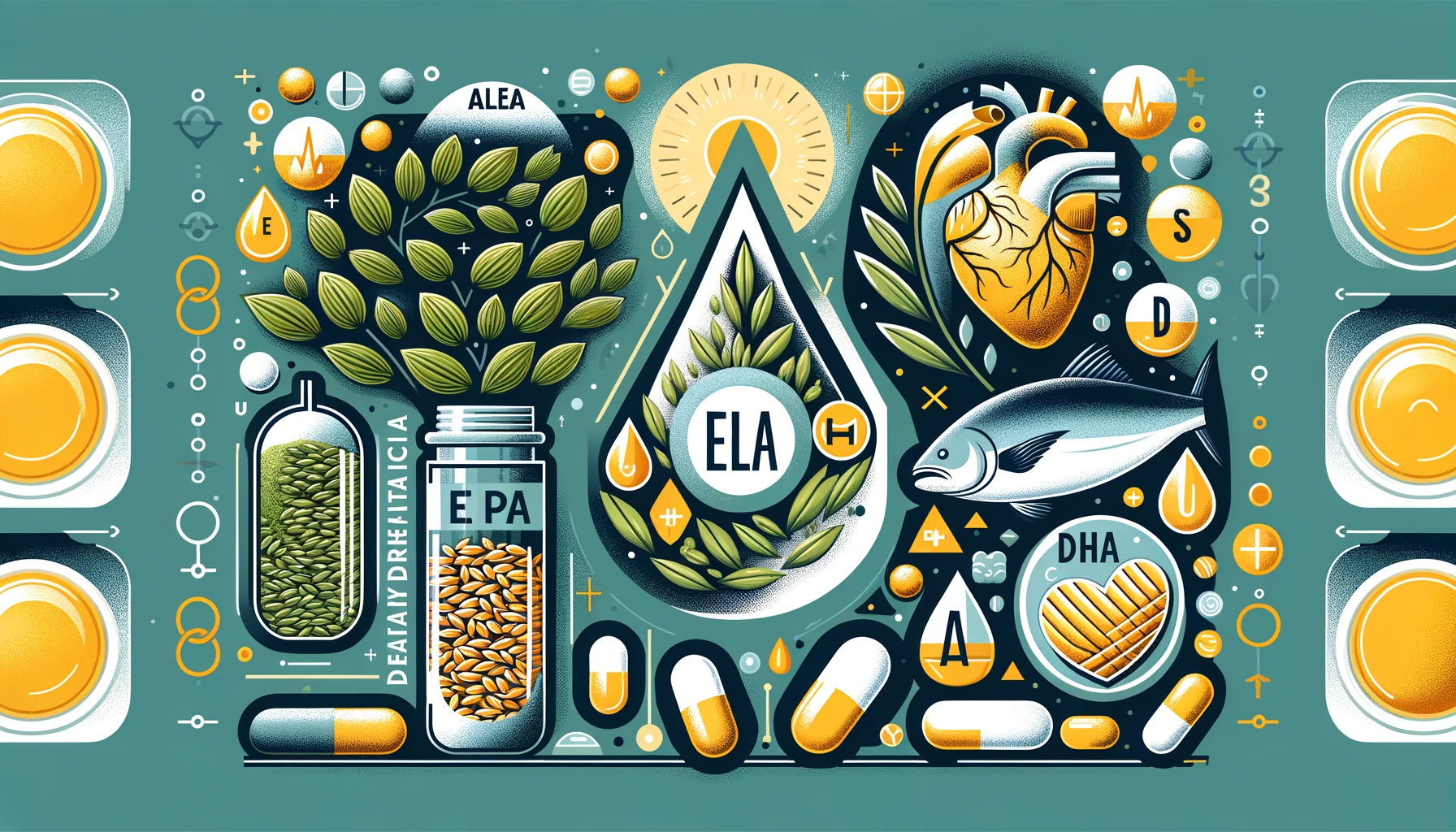
How Much Omega-3 Do You Need?
Omega-3 fatty acids are crucial for maintaining overall health, offering benefits that range from improved heart health to reduced inflammation. These essential fats, which the body cannot produce on its own, must be obtained through diet or supplementation. Understanding the different types of omega-3s—ALA (alpha-linolenic acid), EPA (eicosapentaenoic acid), and DHA (docosahexaenoic acid)—and their daily
Read More
Trawler Fishing
Trawler fishing, a method widely used across the globe for its efficiency in capturing large volumes of fish, has come under scrutiny for its environmental and ecological impacts. This criticism becomes particularly poignant in the case of Alaskan pollock, a species that serves as the backbone of one of the world’s largest fisheries. While the
Read More
Pole-and-Line Caught Cod: A Sustainable Choice
In the quest for sustainability within the seafood industry, the method of capture plays a pivotal role. Among the various fishing techniques, pole-and-line fishing stands out, especially for cod, due to its minimal environmental impact and contribution to marine conservation. This article delves into the benefits of pole-and-line caught cod compared to other fishing practices,
Read More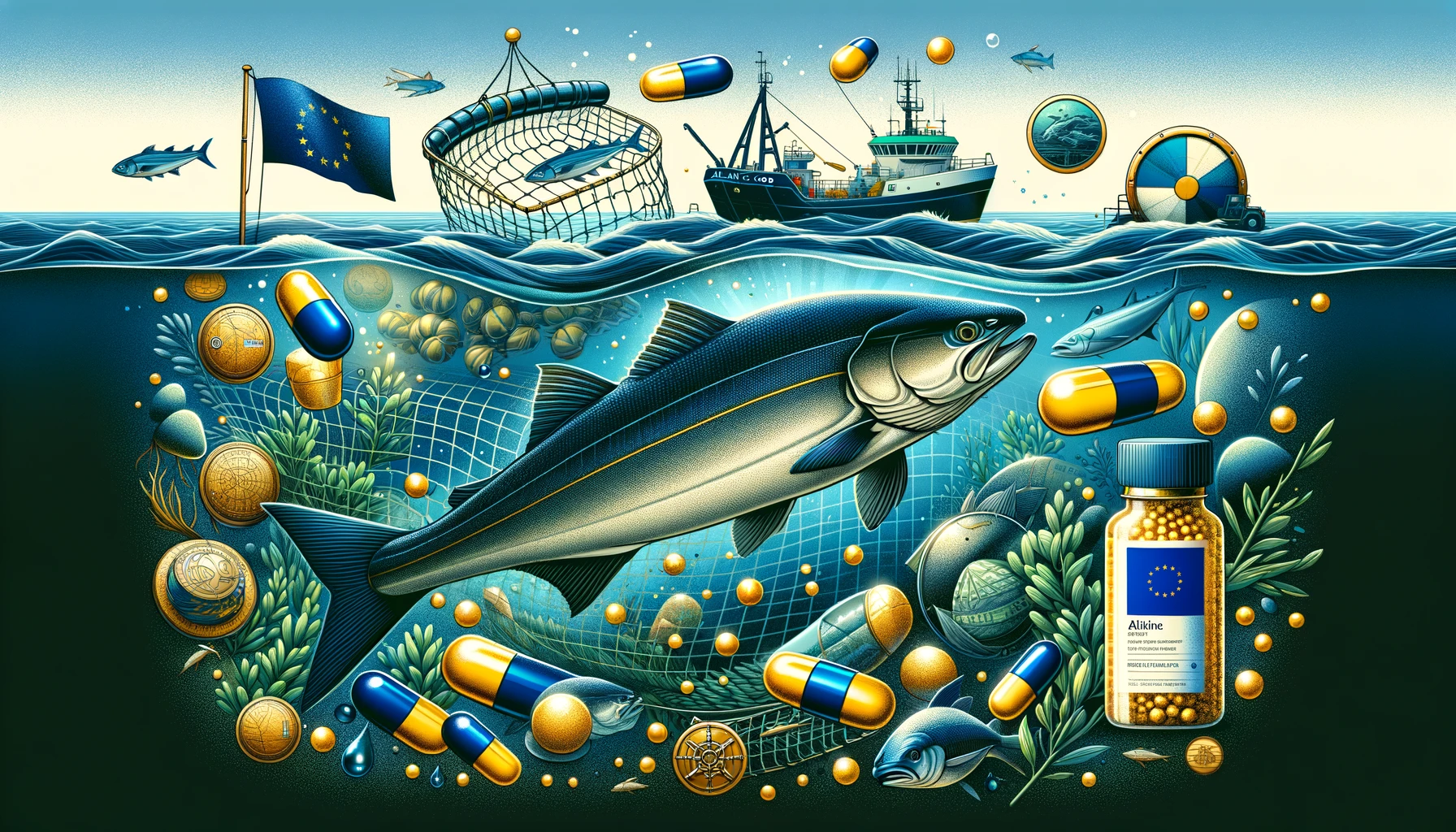
The Sustainability of Atlantic Cod Fishing for Cod Liver Oil Production
The Atlantic cod (Gadus morhua), a staple in marine fisheries for centuries, has been sought after not just for its meat but also for cod liver oil, a valuable source of omega-3 fatty acids, vitamins A and D, and other nutrients. However, the sustainability of fishing Atlantic cod, particularly for cod liver oil production, has
Read More
Unveiling Anisidine Levels: A Marker for Cod Liver Oil and Fish Oil Quality
In the realm of dietary supplements, particularly those derived from marine sources like cod liver oil and fish oil, the quality and purity of the product are paramount for ensuring their health benefits. One critical parameter for assessing the quality of these oils is the anisidine value (AV). This measure provides insights into the secondary
Read More
The Traditional Craft of Fermented Cod Liver Oil: Unveiling Its Unique Benefits
In the realm of health and wellness, cod liver oil stands out as a powerhouse of omega-3 fatty acids, vitamins A and D, and other vital nutrients essential for maintaining optimal health. Among the various methods of extracting cod liver oil, the ancient technique of fermentation has garnered attention for its ability to naturally preserve
Read More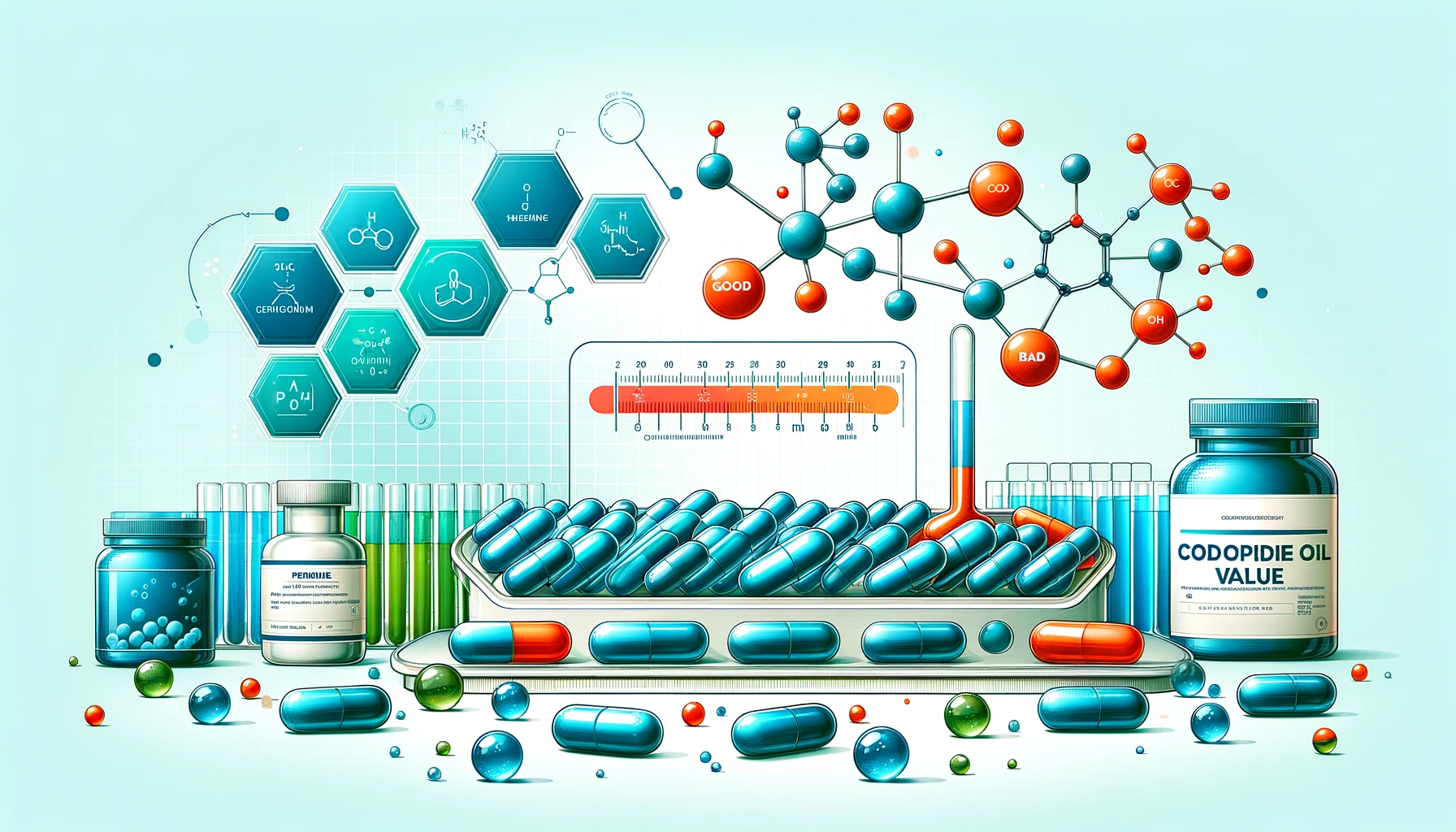
Understanding Peroxide Value and Its Impact on Cod Liver Oil Quality
Cod liver oil, a popular dietary supplement, is prized for its high content of omega-3 fatty acids, vitamin A, and vitamin D. However, like all fats and oils, it is susceptible to oxidation, which can compromise its nutritional value and safety. The peroxide value (PV) is a critical indicator used to assess the extent of
Read More